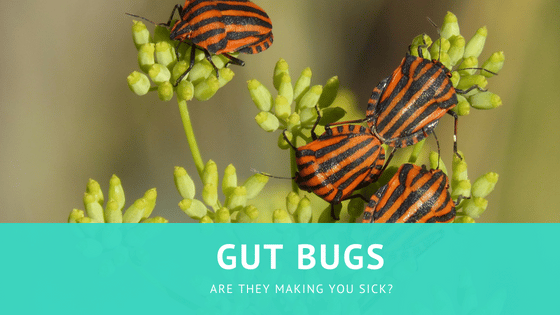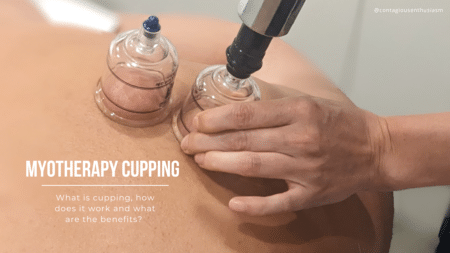Gut Bugs

Are your gut bugs making you sick?
Gut health is a hot topic right now and it’s great to hear specialists being interviewed on the radio discussing stool banks being opened and museum’s creating microbiome exhibitions but do you really understand the role your gut bugs are playing in causing your health issues? Let’s look at the basics to understand the role the gut plays in not just digestive symptoms but also in issues like fatigue, hormone imbalance and even how your brain functions.
Dysbiosis is the term used to describe the imbalance of the gut bacteria/microflora in your digestive tract. Healthy bowel bacteria also known as microbiome is crucial. A balanced microbiome means:
Good immune function
Reduction in inflammation in the body
Enhanced gut motility and function
Protection against contracting gut infections
Improved digestion and absorption of what you eat
Production of vitamins
Detoxification of toxins from the body
Weight management
What does dysbiosis look like?
- IBS type symptoms
- Inflammatory bowel disease
- Intestinal bloating
- Abdominal pain
- Excessive flatulence
- Offensive smelling stools
- Diarrhoea and/or constipation
- Poor concentration and memory
- Fatigue
- Rheumatoid arthritis
- Ankylosing spondylitis
- Eczema
- Hay fever
- Chronic sinusitis
- Obesity
How to test for dysbiosis
The best way to test for dysbiosis is to do a comprehensive stool analysis with a reputable laboratory that uses DNA sequencing to accurately detect bacteria counts in the large bowel.
Causes of dysbiosis/changes to the gut microflora
There are quite a number of contributing factors for dysbiosis. Some of those include:
History of excessive use of antibiotics
Pharmaceutical drug use, particularly proton pump inhibitors and non-steroidal anti-inflammatories
Stress
Poor, low fibre, excessively high protein, refined carbohydrate and/or fat diets
Natural treatments for dysbiosis
Diet
The role of diet in addressing dysbiosis is not to be underestimated. By eating a semi-vegetarian diet high in fibre and plant foods you can begin to change the composition of your gut bacteria in 48 hours. Focusing on eating legumes daily and eating lots of fruits and vegetables will make gut bugs happy. Diet alone is often not enough to balance the microbiome but it can definitely start making a significant change in the bug profile you have.
Prebiotics are non digestible foods that make their way down to the large bowel to fuel gut bacteria. They are naturally occurring in some foods and you can also take supplements such as galactooligoasaccharide powder, fructooligosaccharide powder, partially hydrolysed guar gum, inulin and a few others. Of course you should consult with your naturopath, nutritionist or dietitian to find out which of these would be appropriate for you to take.
Probiotics
The strain of probiotic you need is a very individual thing. The best way to approach probiotic supplementation is to match your condition or health issue to the strains that have been found to be helpful for this in the research. Or even better you take species of bacteria that you identify on comprehensive stool testing to be the exact species of bacteria you need to top up. That is true individualised medicine.
Herbs
Some herbal medicine can be a safer option than broad spectrum antibiotics to eradicate overgrowth of pathogenic bacteria. Of course you would not self administer oregano oil, it is always important to do anti-microbial work under the guidance of a naturopath or herbalist.





